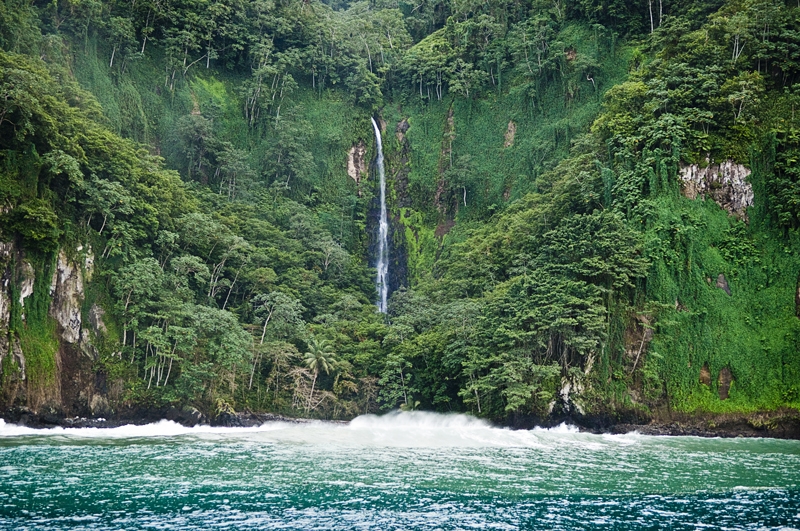Residency: As a foreigner, you do not need to be a resident of Costa Rica in order to purchase a house, but it can be helpful to have residency status as it may make the process easier. If you are not a resident, you will need to obtain a Costa Rican tax identification number (known as a cédula), which is required for property purchases.
Title search: Before purchasing a property, it is important to conduct a title search to ensure that the property is free of liens and encumbrances. This can be done through a lawyer or a title company.
Escrow: It is recommended to use an escrow company to handle the transfer of funds, as this can help protect both the buyer and the seller from fraud or other issues.
Real estate agent: It is also recommended to work with a licensed real estate agent who is familiar with the local market and can help you navigate the process.
Closing costs: The buyer is responsible for paying closing costs, which typically range from 2-5% of the property’s value. These costs may include attorney fees, transfer taxes, and registration fees.
Zoning laws: It is important to be aware of zoning laws and restrictions, as they can impact how the property can be used and developed.
Financing: It is possible for foreigners to obtain financing for a property purchase in Costa Rica, but it can be more difficult than for locals. It is recommended to work with a local bank or financial institution. Overall, purchasing a house in Costa Rica as a foreigner can be a complex process, but with the help of a lawyer, real estate agent, and other professionals, it is possible to navigate the process successfully and legally.




If you want to purchase a house in Costa Rica, visit: www.seaportcredit.ca It´s the best option to finance.